|
If you’re including authentic technical or procedural information in your crime writing, you’ll be wearing your research hat. Your story should come first, of course. However, be sure to get your facts straight before you decide if and how far you’re going to bend reality.
Procedure varies between region and country, and when your novel is set will also determine the relevance of the resources I’ve included. Still, even those outside your jurisdiction might spark an insight that drives your storyline further or deepens your characterization
Conversations, consultations and ride-alongs
My brushes with the law have been limited to bad parking. Still, I know a few coppers socially, and it’s to them I’d head for procedural guidance in the first instance. If you know a police officer, a forensic anthropologist, a crime-scene investigator, a barrister, or whatever, ask them if you can pick their brains. They’ll have expert subject knowledge and insights, and your talking with them face to face could be the most powerful tool of all. If you don’t have existing contacts, ask your friends for theirs or put a call out on social media. A writer recently requested help from munitions experts via the Alliance of Independent Authors (ALLi) Facebook group. Several commenters provided advice and one offered to put her in touch with an expert. If your book's set in the UK, try Consulting Cops or Graham Bartlett, author and crime fiction advisor. Both have teams of law-enforcement experts who'll help you keep your facts straight. Here’s crime writer Julie Heaberlin discussing the importance of researching and feeling comfortable approaching experts, especially to bring deeper layering to her novels:
‘I’m very worried about not being accurate […] because there are a lot of writers who don’t research and that’s just more misinformation out there. And I learn things myself. Standing outside the Texas Death House during an execution … it wasn’t anything like I thought it would be.’
How to Write Crime – Harry Brett in conversation with Sophie Hannah and Julia Heaberlin. Waterstones, Norwich, 2018
In a bid to improve relations between the police service and the public, some larger forces now operate ride-along schemes that allow members of the public to patrol with an officer. In the UK, these include Avon & Somerset, Nottinghamshire, Essex, Lincolnshire, Lancashire, Humberside and Warwickshire Police.
Search online using the keywords ‘ride-along police [your country/state/city]’ and see what comes up.
Watch and read
How about TV and movies? Your favourite crime dramas and fiction might have been meticulously researched. Then again, they might not. In ‘Five Rules for Writing Thrillers’ David Morrell urges writers to do the research but to use caution:
‘You don’t need to be a physician or an attorney to write a medical thriller or a legal thriller, but it sure helps if you’ve been inside an emergency ward or a courtroom. Read non-fiction books about your topic. Interview experts. If characters shoot guns in your novel, it’s essential to fire one and realize how loud a shot can be. Plus, the smell of burned gunpowder lingers on your hands. Don’t rely on movies and television dramas for your research. Details in them are notoriously unreliable. For example, the fuel tanks of vehicles do not explode if they are shot. Nor do tires blow apart if shot with a pistol. But you frequently see this happen in films.'
Morrell talks more about how research makes him ‘a fuller person’ and how he learned to fly in order to create an authentic pilot for his book The Shimmer. The expense of a pilot’s licence will probably be out of reach for the average self-publisher. YouTube could be the solution.
There are thousands of hours’ worth of real-life video footage on YouTube. You can learn from experts about how a body decomposes, how an autopsy is carried out, how a forensic sketch artist works, and how to clean up a crime scene.
And there are lectures on the science of blood spatter, computer forensics, investigation techniques, and forensic imaging. You name it, it’s probably there.
Use Wikipedia
Wikipedia is great for any sleuthing writer wanting to track down information about criminal procedure. Do, however, use the primary sources cited in the references to verify the information. In the online masterclass ‘How to Write a Crime Novel’ Dr Barbara Henderson recommends using at least two sources for internet-verification purposes. Here are some searches to get you started:
Security agencies
MI5 – the UK’s homeland security service
Visit the official site of MI5. There’s information on how it handles covert surveillance, communications interception, and intelligence gathering, plus a brief overview of its history since its creation in 1909. Christopher Andrew’s The Defence of the Realm is the first authorized history of the service. Published by Penguin in 2010, it’s available on Amazon and in major bookstores. Visit The National Archives and type MI5 into the search box. That will give you access to all the files that have been released into the public domain to date. National Crime Agency (UK) The NCA is tasked with protecting UK citizens from organized crime. Its website has articles and reports about cybercrime, money laundering, drugs and firearms seizure, bribery and corruption, and trafficking. I recommend looking at the NCA’s free in-depth but readable reports such as the National Strategic Assessment of Serious and Organised Crime 2018, which outlines threats, vulnerabilities, the impact of technology, and response strategies. MI6 (SIS) – the UK’s secret intelligence service Visit the official website of the SIS to find out how it handles overseas intelligence gathering and covert operations. There’s a brief overview of the service’s history and some vignettes that illustrate how intelligence officers operate. Keith Jeffery’s MI6: The History of the Secret Intelligence Service 1909–1949 is ‘the first – and only – history of the Secret Intelligence Service, written with full and unrestricted access to the closed archives of the Service for the period 1909–1949’. If you want historical information, this is a good place to start. GCHQ – Government Communications Headquarters (UK) The GCHQ website is worth visiting just to see the building from which it operates in Cheltenham! There’s an overview of GCHQ history, operations, its various operational bases, and how it works with Britain’s other security services to manage global threats. For a more in-depth study of the service, start with Richard Aldrich’s GCHQ: The Uncensored Story of Britain's Most Secret Intelligence Agency. FBI – Federal Bureau of Investigation (USA) The FBI’s website is packed with the usual overview material of how and why, but I think the go-to resources are the likes of the free Handbook of Forensic Services, the Terrorist Explosive Device Analytical Center (TEDAC) page, and the training guidance. The easiest way to navigate around the site is to head to the FBI home page and scroll down to the links in the footer. NSA – National Security Agency The NSA website is the place to go for twenty-first-century code-breaking information, and there’s a ton of information about cybersecurity and intelligence. Head for the Publications section to get free access to The Next Wave and various research papers. The material is dense but could be just the ticket for building backstories for cybergeek characters. 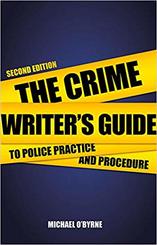
Police forces
Michael O'Byrne is a former police officer who worked in Hong Kong, and later with the Metropolitan Police (sometimes referred to as New Scotland Yard). Try the second edition of his Crime Writer's Guide to Police Practice and Procedure. INTERPOL This is the world’s largest police force with nearly 200 member countries. The Expertise section of its website is rammed with useful and readable information on procedure, technical tools, investigative skills, officer training, fugitive investigations, border management and more. UK police forces Police procedure will vary depending on where you live. You can access a list of all UK police force websites here: Police forces, including the British Transport Police, the Central Motorway Policing Group, the Civil Nuclear Constabulary, the Ministry of Defence Police and the Port of Dover Police An Garda Síochána – Ireland’s national police and security service The easiest way to navigate the Garda’s website is to head for the home page and scroll down to the sitemap at the bottom. There you’ll find links to information on policing principles, organizational structure, and the history of the service. The Crime section is particularly strong on terminology and procedure. Legal resources Lawtons Solicitors’ website has an excellent Knowledge Centre filled with articles on parliamentary acts, offences, criminal charges and police procedure. What are the drug classifications in the UK? and Police Station interviews are just two examples. Ann Rule’s advice on attending trials is aimed at true-crime writers, but you could use the guidance for fictional inspiration: Breaking Into True Crime: Ann Rule’s 9 Tips for Studying Courtroom Trials. Crown Prosecution Service (UK): The Crown Prosecution Service (CPS) website provides detailed prosecution guidance for criminal justice professionals. It is extremely dense, and so it should be; it wasn’t designed for novelists! See, for example, the section on Core Foundation Principles for Forensic Science Providers: DNA-17 Profiling. Still, there’s a wealth of information there for those prepared to wade through it. Department of Justice (USA): The DOJ site offers guidance on the role of the Attorney General, the organizational structure of the department, lots of statistical information, and maps of federal facilities.
Forensics resources
Historical crime writing resources
Weapons research
I hope you find these resources useful. I’ve barely been able to scratch the surface, not least because I’m busy trying to book a ride-along with my local bobby! While I sort that out, here’s some wise advice from David Morrell:
‘The point isn’t to overload your book with tedious facts. Rather, your objective is to avoid mistakes that distract readers from your story. If you’ve done your research, readers will sense the truth of your story’s background. In addition, the topic should interest you so much that the research is a joy, not a burden.'
Louise Harnby is a line editor, copyeditor and proofreader who specializes in working with crime, mystery, suspense and thriller writers.
She is an Advanced Professional Member of the Chartered Institute of Editing and Proofreading (CIEP), a member of ACES, a Partner Member of The Alliance of Independent Authors (ALLi), and co-hosts The Editing Podcast. Visit her business website at Louise Harnby | Fiction Editor & Proofreader, say hello on Twitter at @LouiseHarnby, connect via Facebook and LinkedIn, and check out her books and courses.
11 Comments
3/9/2018 09:38:19 am
Thanks so much for all this helpful information, Louise. :) --- Suzanne
Reply
Louise Harnby
3/9/2018 10:49:24 am
You're very welcome, Suzanne!
Reply
Maria D'Marco
3/9/2018 05:08:36 pm
Wonderful info!
Reply
Louise Harnby
4/9/2018 12:18:35 pm
Thanks, Maria! I had a lot of fun putting this article together!
Reply
6/9/2018 03:28:02 pm
Great info and thorough. I have availed myself of many of these references. Can't rely on CSI but sometimes the newest techniques show up there. Wouldn't it be great if DNA could be analyzed in an hour? I've done it myself and it's tedious.
Reply
Louise Harnby
6/9/2018 03:32:22 pm
Thanks, Noelle! I'm sure that forensics departments all over the planet would weep with joy if DNA could be analysed conclusively within an hour. Maybe in another lifetime! CSI and the like are certainly not to be dismissed, especially since some crime sub-genres have a little wiggle room when it comes to reality! Thanks for sharing that tip.
Reply
5/10/2018 04:15:36 pm
Lots of great ideas here, Louise. Thanks. How about a few more?
Reply
Louise Harnby
5/10/2018 04:23:32 pm
Smashing, Thonie! Thank you so much. I'll add them into the main post when I get a few spare minutes. I wonder if those academies exist on my side of the pond? I'll have to investigate!
Reply
Steve O'Gorman
23/7/2019 01:51:46 pm
Hi Louise, the part about picking people's brains is very good advice. A mate of mine served in the Met for a few years, and he's still in contact with his former colleagues. I've turned to him a couple of times to check details in crime proofs I'm working through. I've shared the article on Twitter pour encourager les autres. (No idea if you can use HTML in a comment!) Thanks for writing this!
Reply
Louise Harnby
23/7/2019 11:14:19 pm
Cheers, Steve! So handy to have copper pals if you're editing or writing crime, isn't it?
Reply
3/6/2020 04:18:06 am
Great article! The authors commonly examine actual crimes and detail the actions of real people when creating their narratives.
Reply
Leave a Reply. |
BLOG ALERTSIf you'd like me to email you when a new blog post is available, sign up for blog alerts!
TESTIMONIALSDare Rogers'Louise uses her expertise to hone a story until it's razor sharp, while still allowing the author’s voice to remain dominant.'Jeff Carson'I wholeheartedly recommend her services ... Just don’t hire her when I need her.'J B Turner'Sincere thanks for a beautiful and elegant piece of work. First class.'Ayshe Gemedzhy'What makes her stand out and shine is her ability to immerse herself in your story.'Salt Publishing'A million thanks – your mark-up is perfect, as always.'CATEGORIES
All
ARCHIVES
July 2024
|
|
|
|



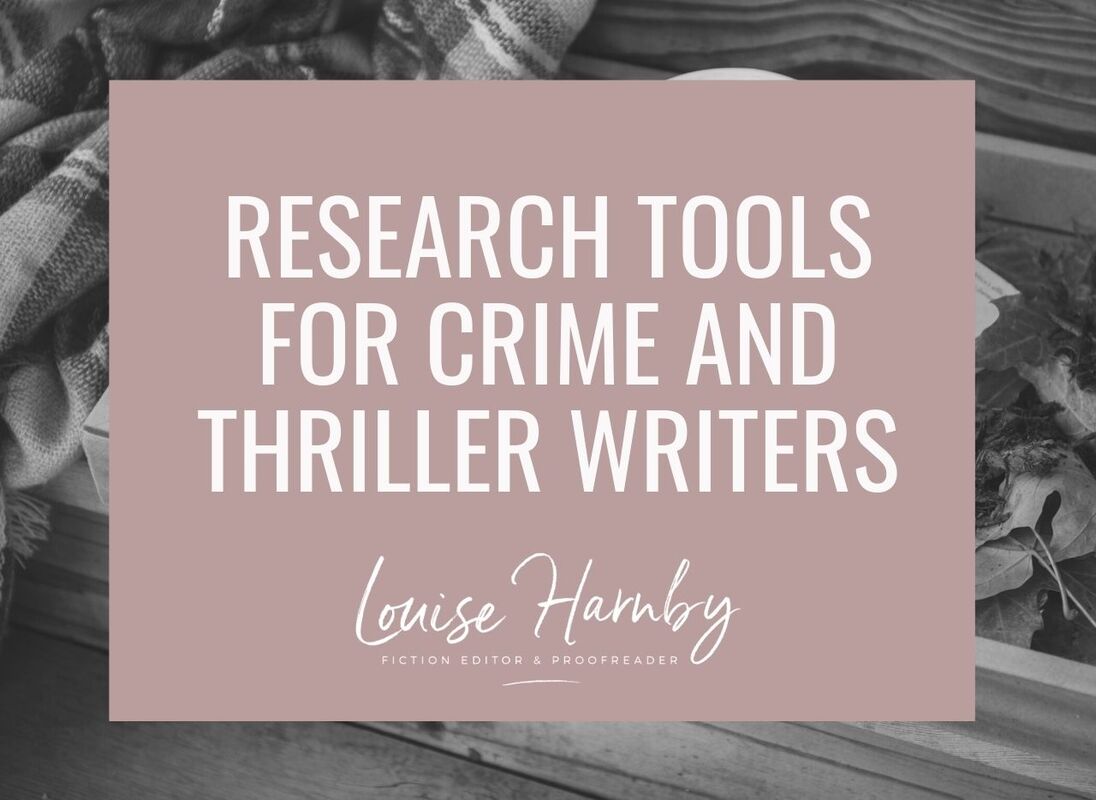

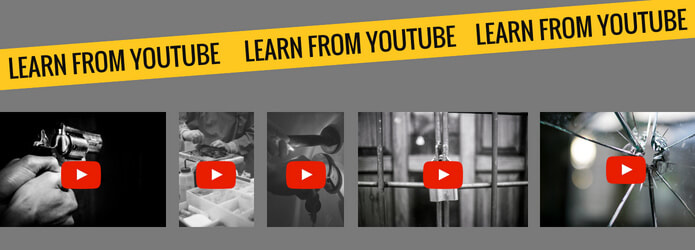

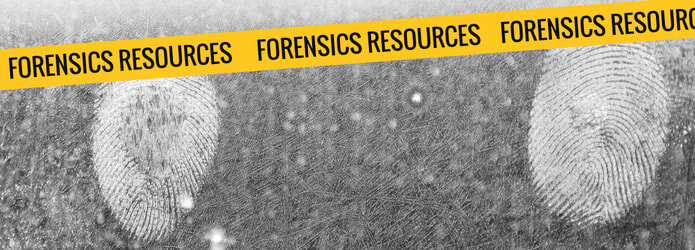
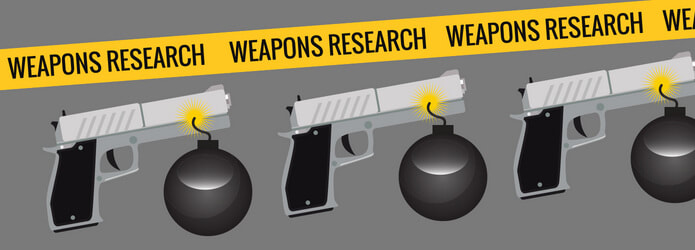













 RSS Feed
RSS Feed





